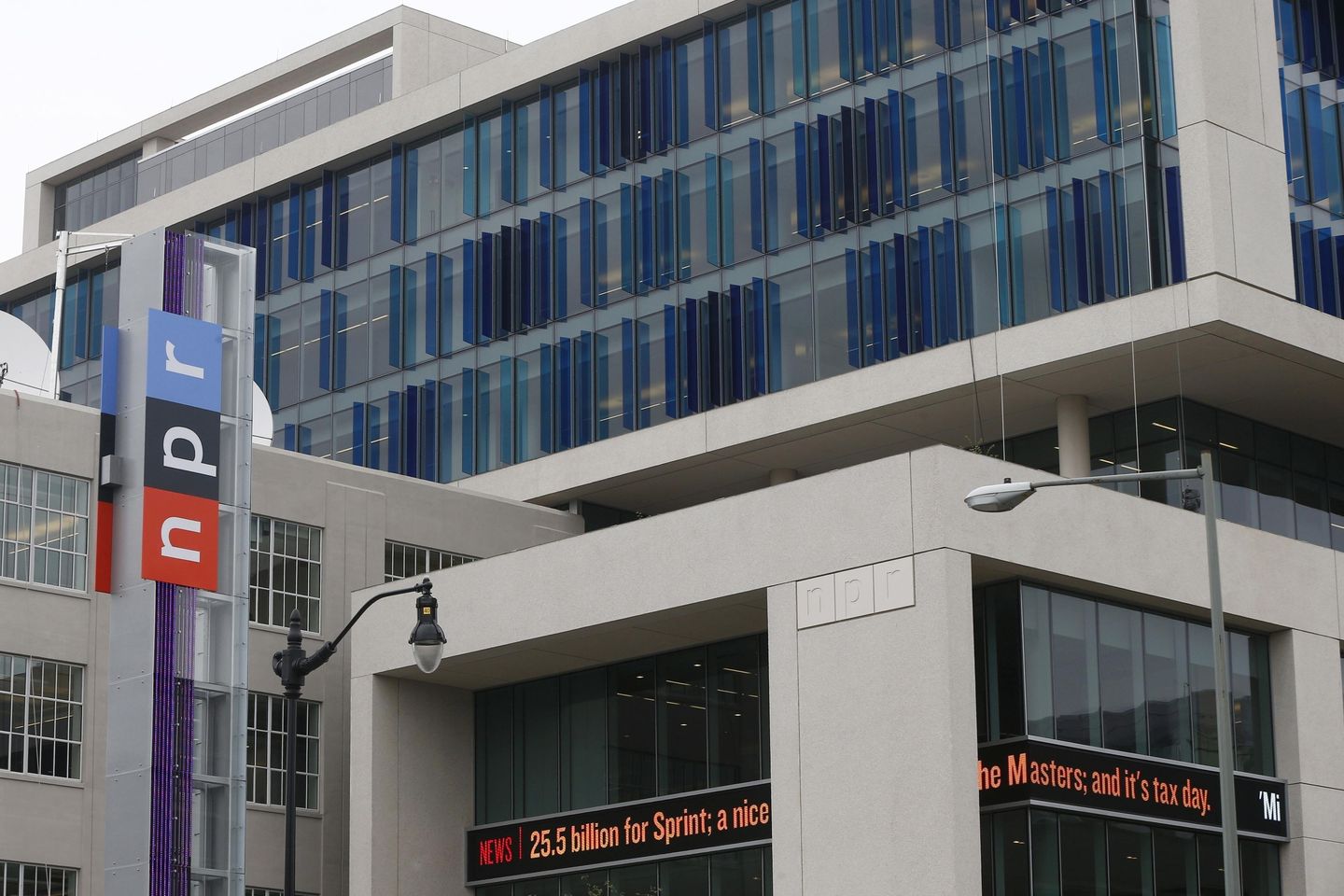
National Public Radio filed a lawsuit Tuesday against President Trump and administration officials over his executive order cutting federal funding to the nonprofit news organization and the Public Broadcasting Service.
NPR and three of its Colorado member stations filed the lawsuit in federal court in Washington. It alleges that Mr. Trump’s directive is unconstitutional because it violates the First Amendment right to free speech without government interference. Attorneys for NPR also say the order is illegal because Congress, not the executive branch, controls the funding for NPR and PBS.
In the lawsuit, NPR argues that Mr. Trump’s order “threatens the existence of a public radio system that millions of Americans across the country rely on for vital news and information.”
“The order’s objectives could not be clearer: The order aims to punish NPR for the content of news and other programming the president dislikes and chill the free exercise of First Amendment rights by NPR and individual public radio stations across the country,” the lawsuit states. “The order is textbook retaliation and viewpoint-based discrimination in violation of the First Amendment, and it interferes with NPR’s and the local member stations’ freedom of expressive association and editorial discretion.”
NPR also argues that Mr. Trump’s order violates the Public Broadcasting Act, which was passed by Congress in 1967. It says the law grants Congress sole authority to control the purse strings for NPR and PBS.
The lawsuit is asking the federal court to declare Mr. Trump’s order unconstitutional and permanently block the funding cuts.
In addition to Mr. Trump, White House Budget Director Russell Vought, Treasury Secretary Scott Bessent and National Endowment for the Arts Chair Maria Rosario Jackson were named as defendants.
A White House spokesperson didn’t immediately respond to a request for comment.
Mr. Trump earlier this month signed the order, which declares that government funding of news is “not only outdated and unnecessary but corrosive to the appearance of journalistic independence.”
The order directs the Corporation for Public Broadcasting, the entity that provides public dollars to NPR and PBS, to “cease federal funding” and indirect funding of the two outlets. It states that taxpayers “have the right to expect that if their tax dollars fund public broadcasting at all, they fund only fair, accurate, unbiased and nonpartisan news coverage.”
The White House has claimed PBS and NPR “receive millions from taxpayers to spread radical, woke propaganda disguised as ‘news.’”
Congress allocated $535 million for the CPB in the current fiscal year. According to the CPB, it is fully funded through Sept. 30, 2027.
Although NPR receives about 1% of its funding directly from the federal government, it lands a slightly greater amount indirectly through federal grants. NPR’s 246 member institutions operating more than 1,000 radio stations get on average 8% to 10% of their funds from the CPB.












